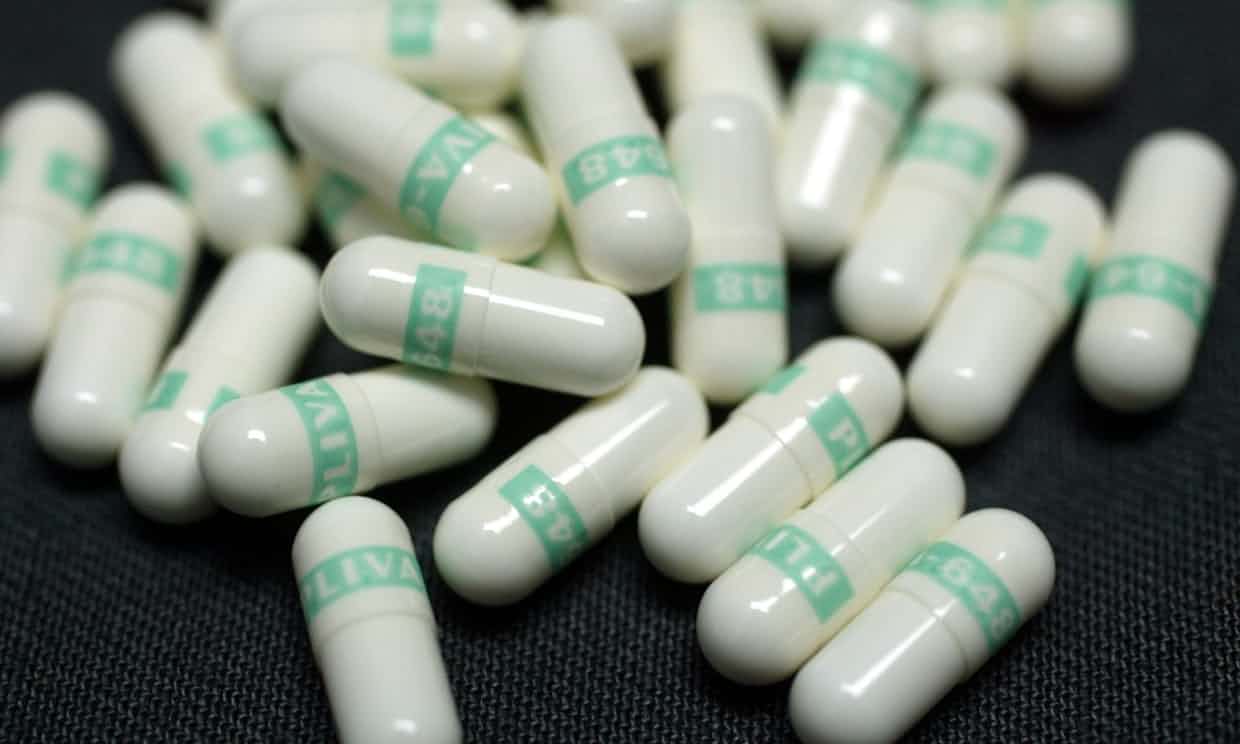There is an epidemic of suicide in the US, most recently the hanging deaths of two celebrities–Kate Spade and Anthony Bourdain. Suicide rates have gone up all over the country, by more than 30% in many states since 1999. Suicide is now the tenth leading cause of death in adults, nearly 45,000 in 2016. The vast majority of people who kill themselves are white and more than three-quarters are men. States with lax gun laws have higher suicide rates. Each day, 20 military veterans kill themselves.
These are the facts–what can we do about them? The CDC reports that more than half of those who commit suicide do not have a known mental health problem. But we do know that there are many factors contributing to suicide, including relationship and financial problems, substance abuse, and chronic health problems. It is hard to maintain a positive outlook facing the many problems in the world today–overpopulation, climate change, and economic inequality.
Antidepressants are not the answer. As I wrote in a previous post, the evidence that they are effective is slim, especially for people with mild to moderate depression. In fact, there is research showing that antidepressants such as Paxil, Zoloft, and Effexor actually increase suicide attempts, especially in adolescents and young adults. And the recent report that one-third of adults take medications that can cause depression makes me wonder if Kate Spade or Anthony Bourdain were victims of one or more of these drugs.
On the other hand, there is growing evidence that several non-drug treatments for depression can be effective. There are more details about each of these in my book, but here is a summary:
-Cognitive Behavioral Therapy (CBT) is just as effective as antidepressants, without danger of side effects
-Exercise can decrease depression as much as psychological or pharmacological therapies and is more long-lasting
-A dietary pattern characterized by a high intakes of fruit, vegetables, whole grain, fish, olive oil, low-fat dairy and low intakes of animal foods was associated with a decreased risk of depression.
-Omega-3 fatty acids found in fatty fish, nutritional supplements, the herb St. John’s wort, massage, yoga, acupuncture and homeopathy have all been shown effective for depression in research studies.
So why aren’t more people taking advantage of these healthier approaches to depression? One reason is that health insurance and Medicare do not cover them and people must pay for them out-of-pocket. But like many other chronic health problems, it is often easier to take a pill than make positive lifestyle changes.

 There was much brouhaha in the news last week about a new study claiming that once and for all the debate about anti-depressants was over. Headlines proclaimed that “
There was much brouhaha in the news last week about a new study claiming that once and for all the debate about anti-depressants was over. Headlines proclaimed that “
